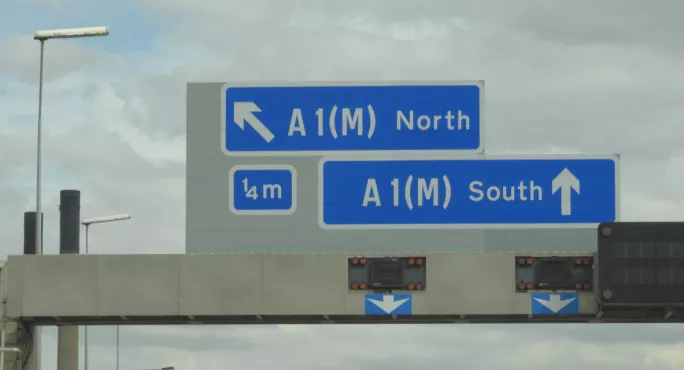GCSE and A-level students are being “penalised by their postcode” and none of the plans to mitigate the pandemic’s impact on those sitting exams next year will “level the playing field” for the most deprived, education secretary Gavin Williamson has been warned.
In a letter to Mr Williamson, Jamie Driscoll, mayor of the North of Tyne combined authority, said Northern pupils would get lower grades than their peers of equal ability in other areas.
Opinion: Are 2021 exam measures enough for pupils in the North?
GCSEs 2021: Covid flagged grades would ‘muddy waters’
GCSEs 2021: 5 ways exams will be different next summer
Mr Driscoll said he was pleased to see some measures had been taken to mitigate the pandemic’s impact for pupils, referring to last week’s announcement that grading in 2021 would be more generous, while students would see some exam topics in advance.
“None of the mitigations announced last week level the playing field”: Thanks @MayorJD/@NorthTyneCA for raising this with @GavinWilliamson. Govt has failed to answer how exam grades awarded next year will be fair. Young people need answers urgently. #FairGrade2021
Read more? pic.twitter.com/8Qbh0WyONZ
- National Education Union (@NEUnion) December 7, 2020
But he urged Mr Williamson not to leave the work “half-finished”.
“At present, typically 20 per cent of pupils are missing school on any given day,” his letter says.
“Yet this is not evenly spread across the country,” it adds.
“The areas worst hit by Covid-19 correlate to areas of existing deprivation,” he said, adding that this compounded existing inequalities, “further disadvantaging school students from the North of England”.
Mr Driscoll said Office for National Statistics figures showed infection rates of Covid-19 were particularly high for secondary pupils in the North and West Midlands.
And he said that this would be transparent if the Department for Education published data from regional and local authorities on “numbers of secondary pupils absent from school because they are isolating, and the proportion of pupils in Years 11 and 13 that have been absent since September 2020”.
He added that “those areas where pupils have missed most schooling will suffer, compared with areas where Covid-19 has not been as disruptive. In short, Northern pupils will get lower grades than those of equal ability in other areas”.
Mr Driscoll said the measures would also not “level the playing field between pupils whose families have laptops and quiet places to work and those who don’t”.
He said North of Tyne had used its reserves to provide over 1,000 laptops to pupils in Years 6 and 9 but that the authority lacked the “financial muscle to fully redress the balance”.
“I would ask you to instruct your expert group on differential learning to swiftly determine a plan to redress this imbalance,” he said.
“The sooner this is published, the sooner the stress and mental health implications will be mitigated...We cannot level up the North if our children are being penalised for their postcode.”
The letter was sent on Friday 4 December, a day after plans to mitigate Covid-19‘s impact on exams were announced.
Mr Williamson said that students would receive advance notice of some topics ahead of tests - as well as exam aids when sitting papers, such as formula sheets or vocabulary lists.
And he said that grading would be more generous in 2021, in line with the grading boost seen in 2020 when teacher assessment was used for GCSEs and A levels.
It is understood there will be no differential grading based on the regional impacts of the pandemic, but that a new expert group will be set up to look at differential learning loss and to monitor the variation in the impact of the pandemic on students across the country.
The Department for Education has been contacted for comment.

